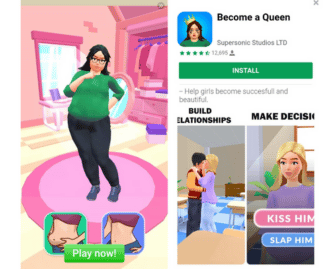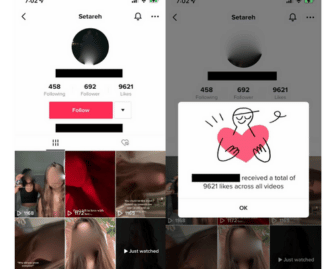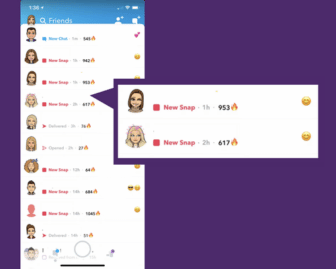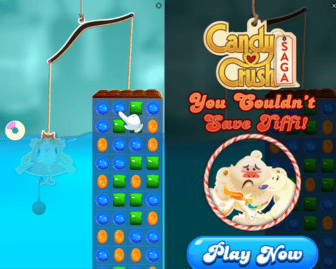It’s hard for kids to put down their digital devices– and that’s exactly what the tech companies want. When kids and teens go online, they are bombarded by widespread design features that have been carefully crafted and refined for the purpose of keeping kids on platforms for as long as possible. And, currently, there is no rule that says that tech companies can’t use these design practices on our kids, despite the countless harms they cause.
This week, Fairplay and our friends at Center for Digital Democracy led the charge alongside 19 other advocacy groups to call upon the Federal Trade Commission (FTC) to prohibit companies from unfairly and intentionally keeping kids online.
In our petition, we detail how manipulative design features on platforms like TikTok, Twitter, YouTube, Facebook, Instagram, and Snapchat as well as popular apps undermine young people’s wellbeing. Here are just some of the nasty tricks that tech companies use to keep kids online or lure them to engage in certain activities:

In the popular young girls’ game “Monster High Beauty Shop” by CrazyLabs LTD, timed pop-up advertisements such as this appear after the player dresses up a character or navigates to another page in the app. Even when the timer expires, clicking the exit button directs the user to the app store to install the app. This technique makes nearly impossible to avoid the ad, which in itself contains messages that promote negative body image!

An example of “quantified popularity,” TikTok displays the total number of likes each user has received across all videos. This manipulates kids into regularly posting content, including increasingly provocative content. Quantified popularity has deep impacts on kids’ self esteem and mental health.

On Snapchat, a number with a flame appears next to each friend’s name, indicating the length (in days) of the user’s Snapstreak with the friend. These streaks are design features that pressure users to continue an ongoing series of interactions with the service or another user, manipulating them to check their app and reply right away.

In an ad for the well-known game “Candy Crush Saga” by King, a character will drown if players are unsuccessful or choose to ignore the advertisement. Failing to save her causes a pop-up to appear with characters looking sad and a button for users to download and play the game. This is an example of companies using parasocial relationships to shame kids into playing or clicking, which toys with their emotions and is especially confusing to very young children.
We know that excessive time online displaces sleep and physical activity, harming minors’ physical and mental health, growth, and academic performance. Features designed to maximize engagement also expose minors to potential predators and online bullies and age-inappropriate content, harm minors’ self-esteem, and aggravate risks of disordered eating and suicidality. The manipulative tactics also undermine children’s and teens’ privacy by encouraging the disclosure of massive amounts of sensitive user data. Now is the time for the FTC to declare that these practices are unfair.
Read the full petition here and check out the full story in the New York Times.